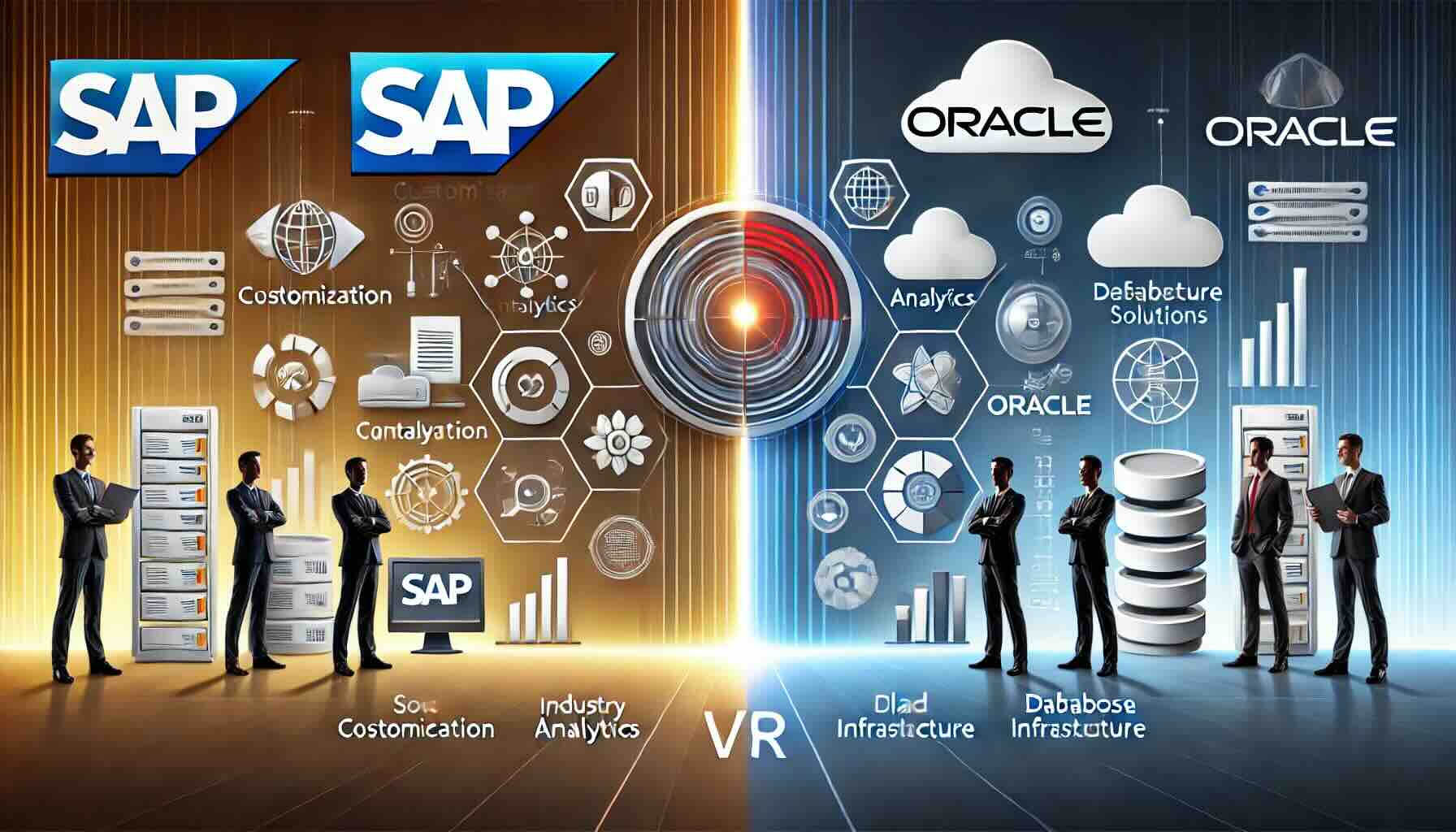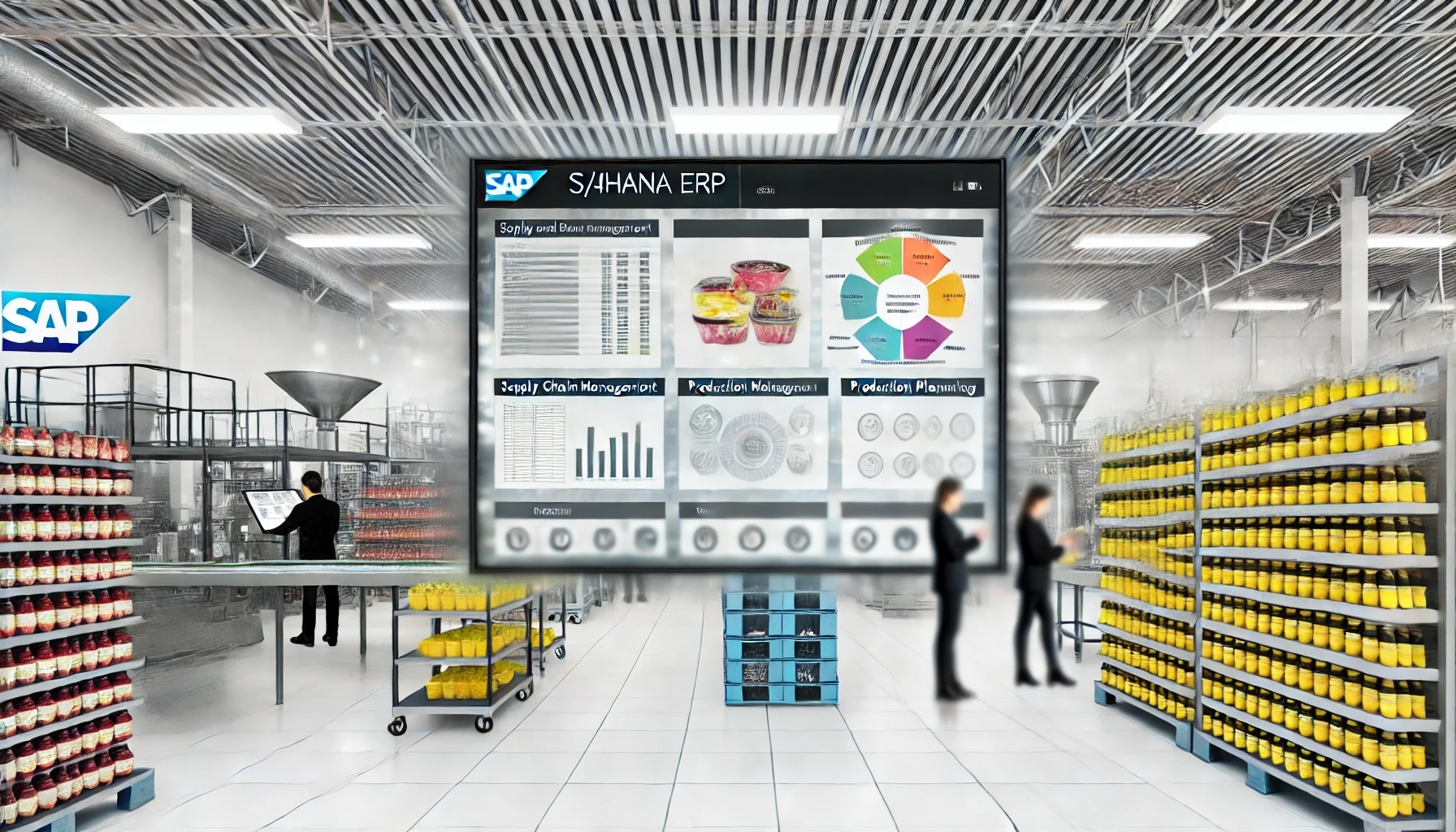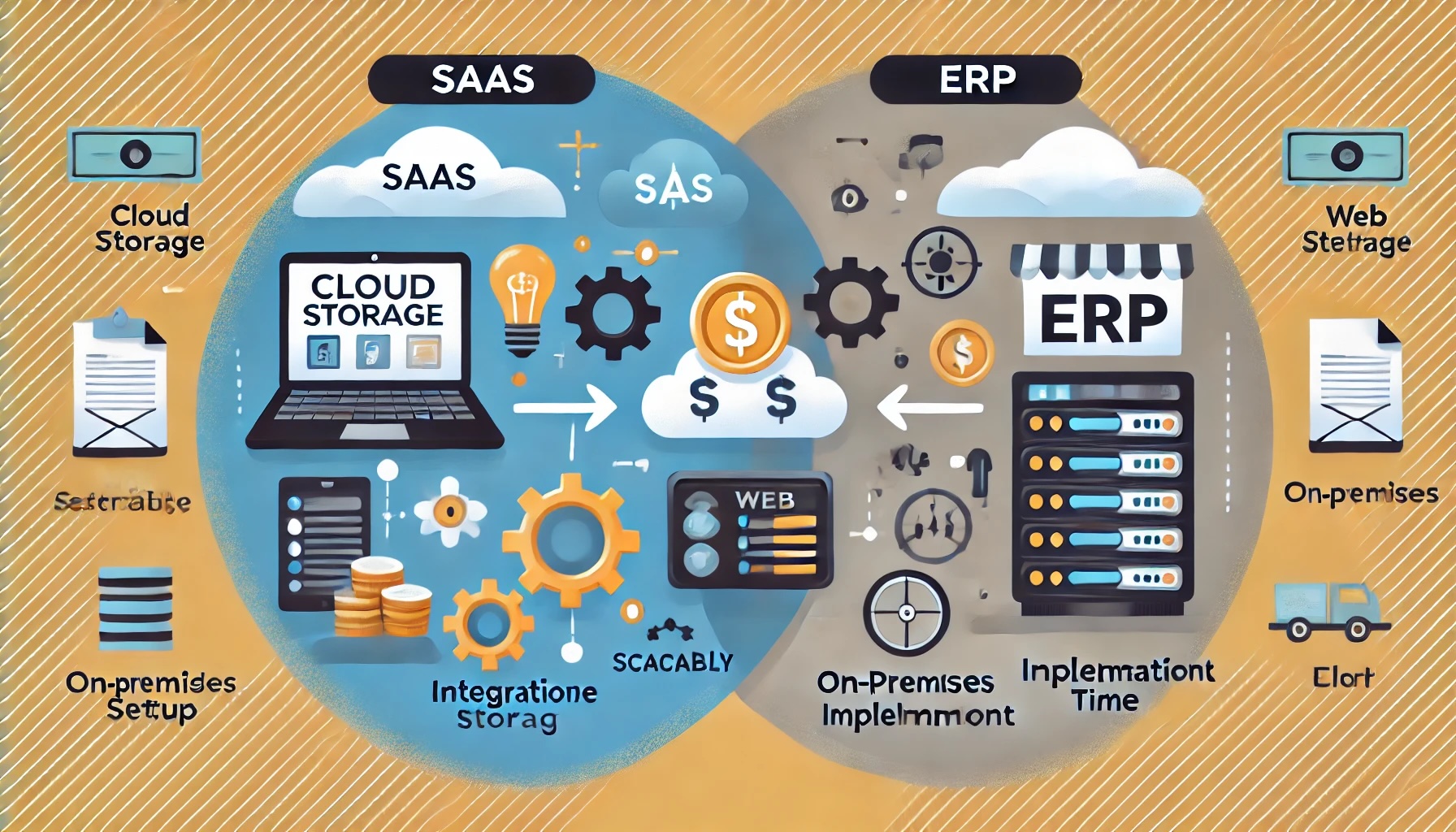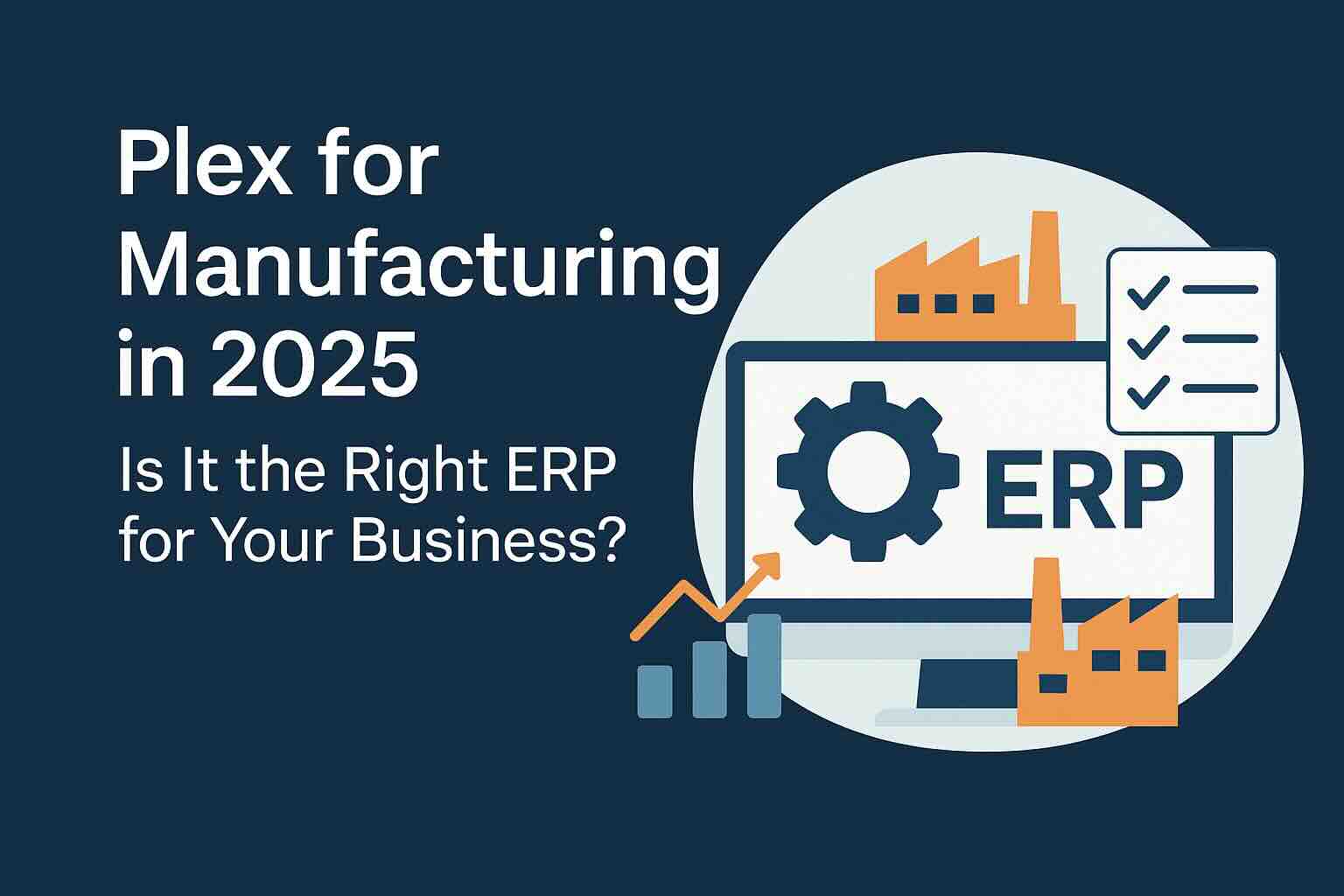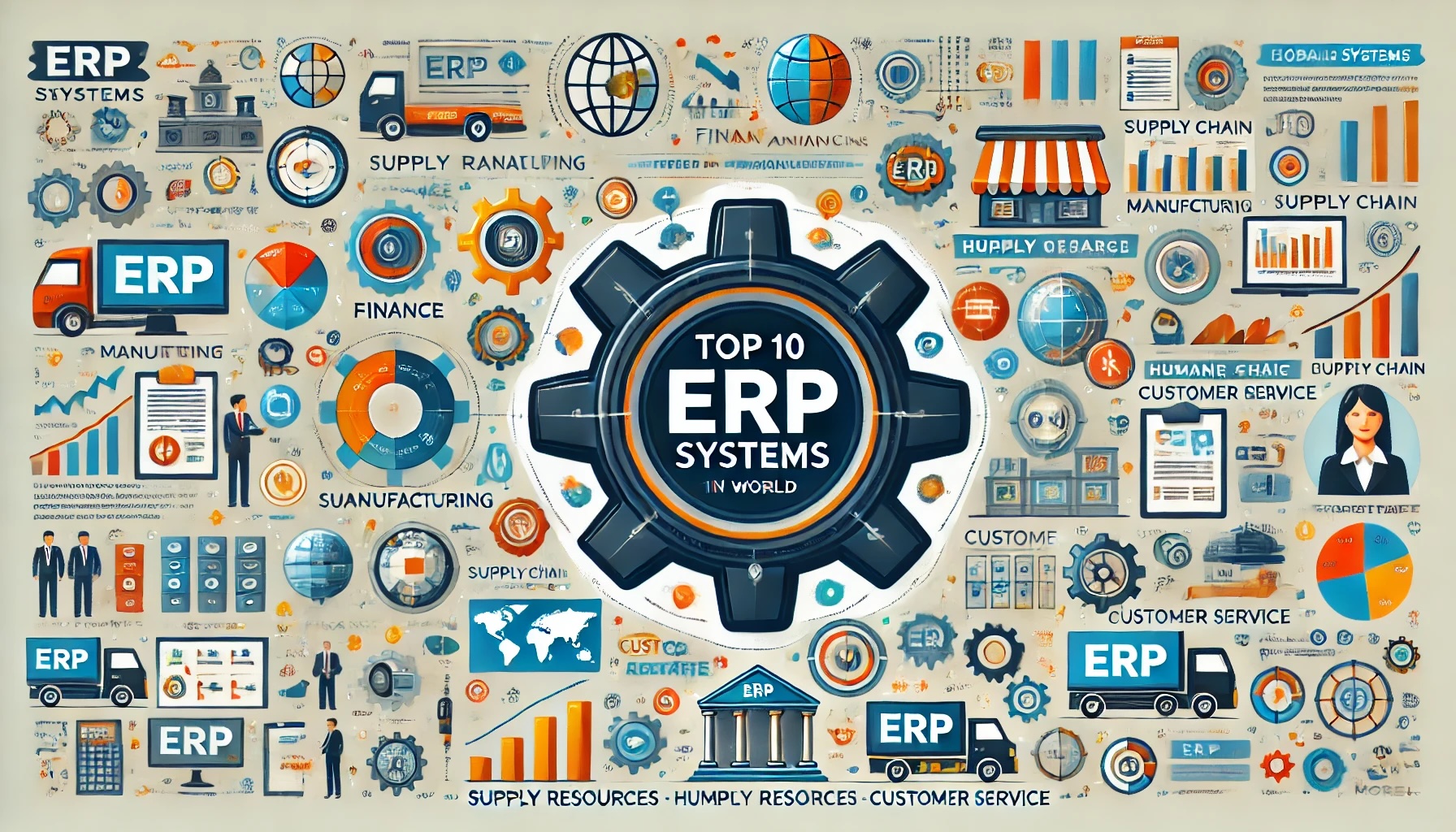Best ERP for Healthcare: Top Solutions to Streamline Medical Operations
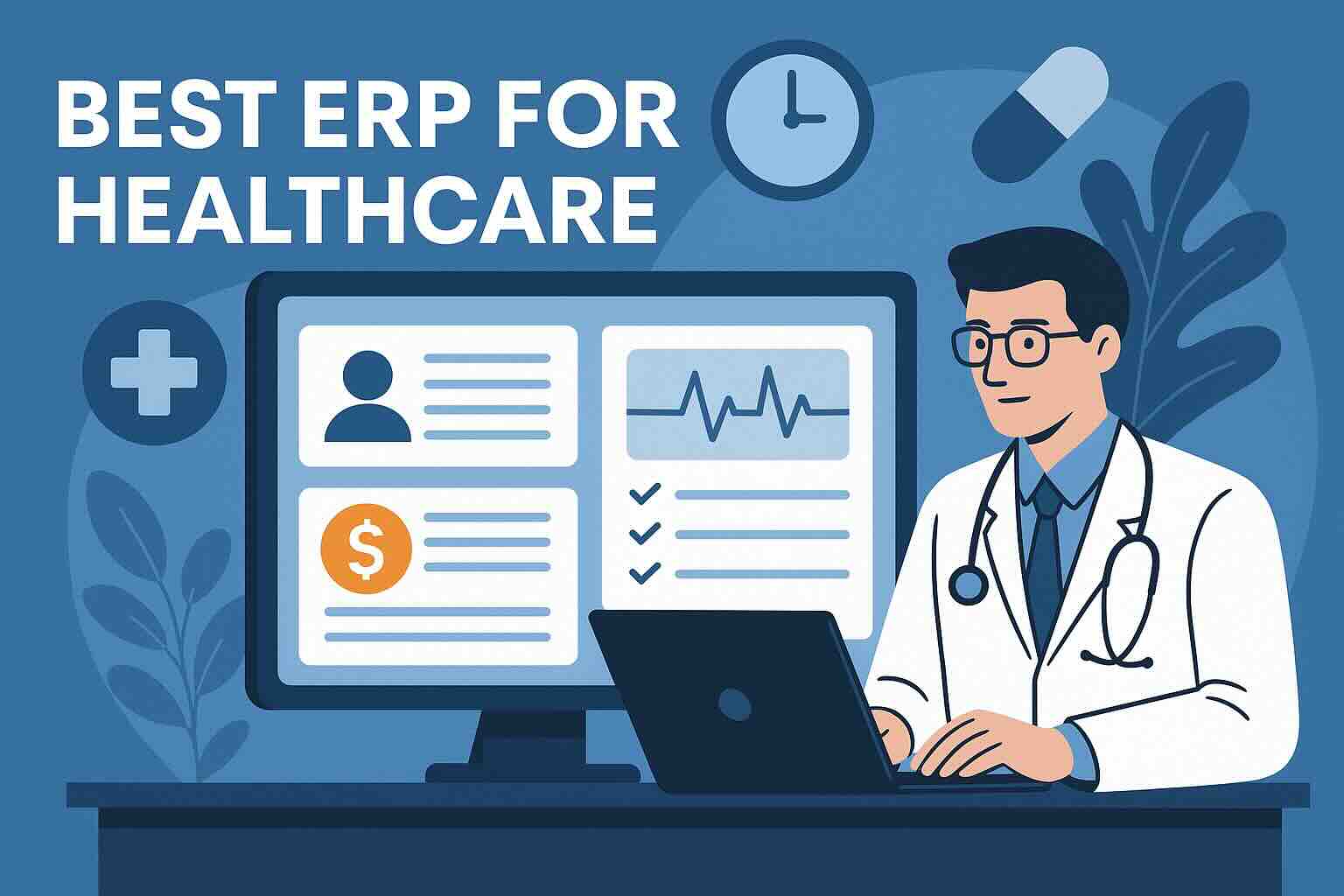
Healthcare providers are under constant pressure to deliver better patient care while keeping operations smooth and cost-effective. From managing records and staff to tracking supplies and billing, the industry demands systems that are fast, secure, and easy to use. This is why many organizations are now adopting ERP (Enterprise Resource Planning) systems to bring all operations under one roof.
However, with so many platforms available, finding the best ERP for healthcare can be overwhelming. In this guide, we’ll explain what to look for in an ERP and compare the top options, including their pros and cons, so you can choose confidently.
Why Healthcare Needs ERP
Hospitals, clinics, and care centers handle a lot of different tasks daily. When these tasks are managed by separate systems, it leads to confusion, data errors, and delays. An ERP brings everything—finance, HR, inventory, and more—into one system. As a result, you get better control, faster decisions, and higher efficiency.
Key Benefits of ERP in Healthcare:
-
Better Data Access: View patient and business information in real-time
-
Smarter Finances: Track billing, budgets, and payments all in one place
-
Easier Compliance: Meet rules like HIPAA with built-in tools
-
Inventory Control: Know what supplies you have and when to restock
-
Staff Scheduling: Simplify hiring, training, and shift planning
What to Look for in a Healthcare ERP
To find the best ERP for healthcare, choose a system that:
-
Works with your existing EHR/EMR system
-
Handles patient billing and revenue tracking
-
Includes tools for audits and compliance
-
Helps track medical equipment and supplies
-
Gives you real-time data through clear dashboards
Top Healthcare ERP Systems
1. Oracle NetSuite
NetSuite is a well-known cloud ERP that works well for small and mid-sized healthcare providers. It brings finance, supply chain, and compliance tools into one easy-to-use platform.
Pros:
-
Works well for growing healthcare organizations
-
Strong reporting and automation
-
Secure cloud system that meets HIPAA guidelines
Cons:
-
Needs extra tools or services for clinical features
-
Setup can be complex without expert help
Best for: Clinics and health centers focused on finance and inventory.
To find out more about NetSuite you can visit this link.
2. SAP S/4HANA
SAP S/4HANA is a powerful ERP for large healthcare networks. It offers advanced tools for analyzing data and can support global operations.
Pros:
-
Real-time data and predictive reports
-
Built for complex, multi-location systems
-
Trusted for compliance and data security
Cons:
-
High setup and licensing costs
-
Long setup times
-
Needs skilled teams to manage
Best for: Large hospitals and health systems with many departments.
To find out more about SAP S/4HANA you can visit this link.
3. Microsoft Dynamics 365
Dynamics 365 blends ERP with CRM, making it a smart choice for organizations that focus on patient experience as well as operations.
Pros:
-
Built-in tools for patient communication
-
Works easily with Microsoft tools like Teams and Power BI
-
Easy to expand and customize
Cons:
-
Clinical tools must be added separately
-
Complex custom setups can increase costs
Best for: Health providers looking for better patient service and operations tracking.
To find out more about Microsoft Dynamics you can visit this link.
4. Infor CloudSuite Healthcare
Infor CloudSuite Healthcare is made specifically for healthcare. It combines finance, HR, and supply chain features with tools that work with medical software.
Pros:
-
Designed for hospitals from the start
-
Helps manage supplies, staff, and budgets
-
Strong tools for compliance and audits
Cons:
-
High cost for smaller clinics
-
Fewer consultants compared to bigger brands
-
Takes time to train staff
Best for: Hospitals and systems that need full control across departments.
To find out more about Infor you can visit this link.
5. Workday
Workday is a cloud ERP best known for its HR and finance tools. It’s great for healthcare providers that need help with staffing and payroll.
Pros:
-
Easy-to-use for HR and scheduling
-
Clear dashboards and insights
-
Scales well as you grow
Cons:
-
Not built for clinical tasks
-
Needs other tools for full hospital use
Best for: Organizations focused on workforce and financial planning.
To find out more about Workday you can visit this link.
How to Choose the Best ERP for Healthcare
Choosing the best ERP for healthcare depends on your size, budget, and goals. To help you decide:
-
Small or mid-sized clinics may prefer NetSuite or Dynamics 365 for their ease and lower cost.
-
Large hospital systems might go with SAP or Infor for their full-feature sets.
-
HR-focused teams will find Workday’s staffing tools very helpful.
-
Always check if the system works with your current EHR and supports compliance rules.
Final Thoughts
A good ERP helps healthcare teams do more with less. It connects departments, cuts down errors, and helps you stay compliant. More importantly, it lets providers focus on what matters most—patient care.
Whether you choose NetSuite, SAP, Microsoft Dynamics, Infor, or Workday, the key is to match your choice with your needs and future plans.
Find the Perfect ERP in Minutes
Still unsure? You don’t need to spend hours comparing tools. Our AI-powered Compare ERP tool makes it easy. In just a few minutes, you’ll get a personalized list of the top three ERP systems that fit your healthcare business.
The tool checks millions of data points across 100+ systems, focusing on your size, goals, and budget. Even better and it’s completely free.
Take the first step toward streamlining operations and boosting productivity and start comparing today!
